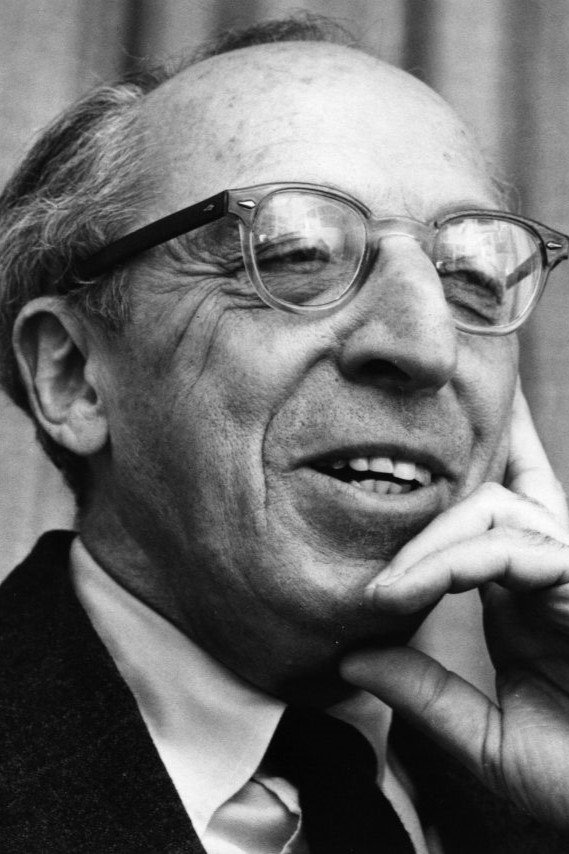
Aaron Copland
Aaron Copland (November 14, 1900 – December 2, 1990) was an American composer, composition teacher, writer, and later a conductor of his own and other American music. Copland was referred to by his peers and critics as "the Dean of American Composers". The open, slowly changing harmonies in much of his music are typical of what many people consider to be the sound of American music, evoking the vast American landscape and pioneer spirit. He is best known for the works he wrote in the 1930s and 1940s in a deliberately accessible style often referred to as "populist" and which the composer labeled his "vernacular" style. Works in this vein include the ballets Appalachian Spring, Billy the Kid and Rodeo, his Fanfare for the Common Man and Third Symphony. In addition to his ballets and orchestral works, he produced music in many other genres, including chamber music, vocal works, opera and film scores. Description above from the Wikipedia page Aaron Copland, licensed under CC-BY-SA, full list of contributors on Wikipedia.
Aaron Copland: A Self Portrait
(Self)
Are My Ears on Wrong?: A Profile of Charles Ives
(Self)
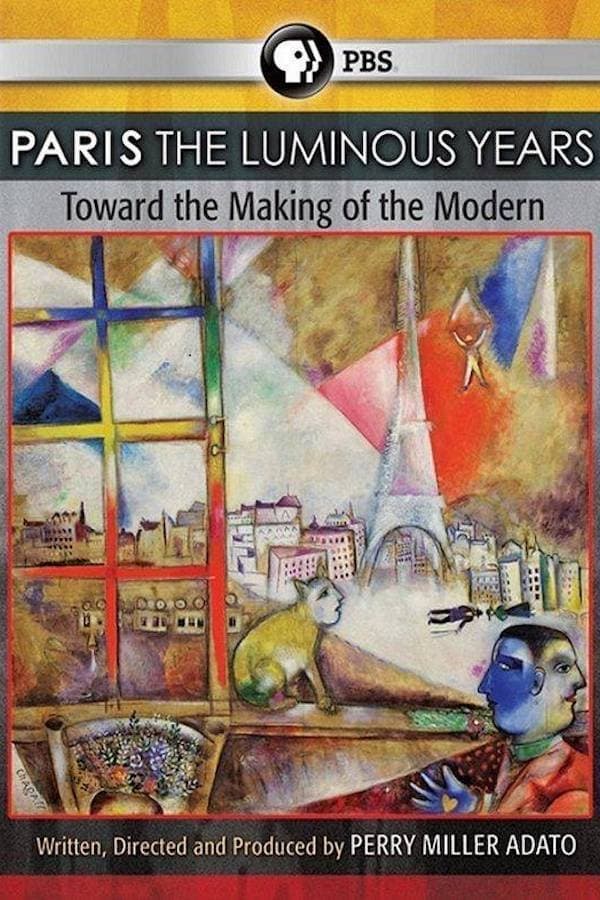
Paris: The Luminous Years
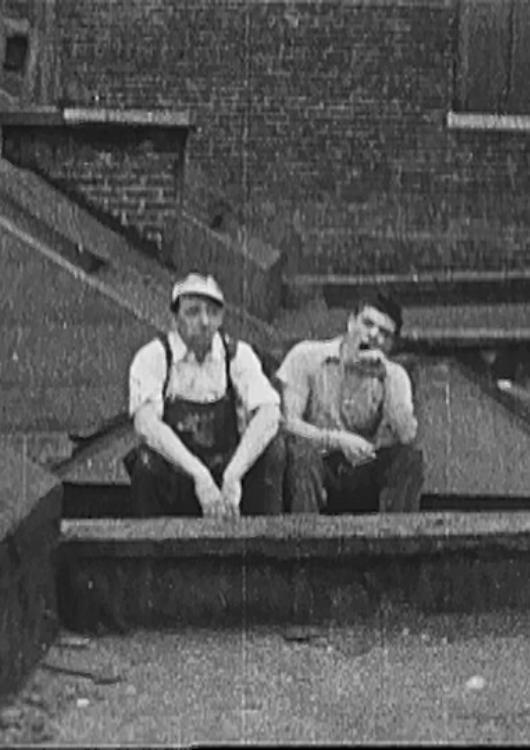
145 W. 21
Tanglewood: A Place for Music
(Self)
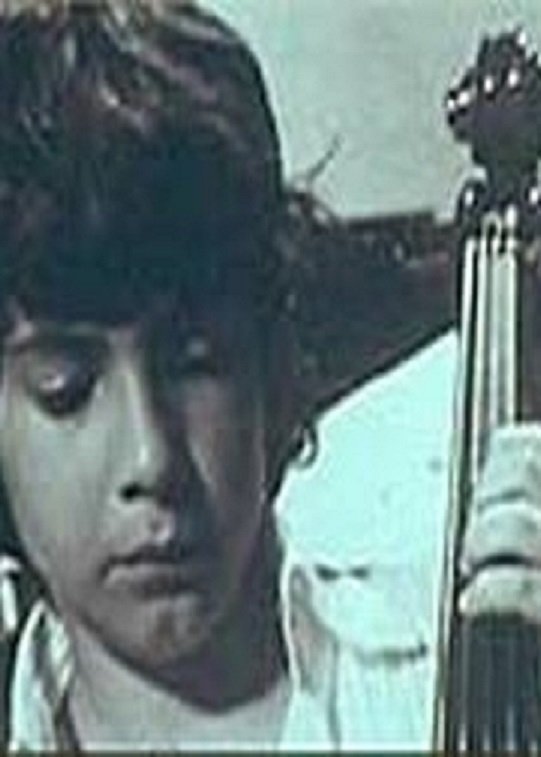
Bachianas Brasileiras: Meu Nome é Villa-Lobos

Copland Conducts Copland
(Self - Composer and conductor)
Tanglewood Music School and Music Festival
(Self)
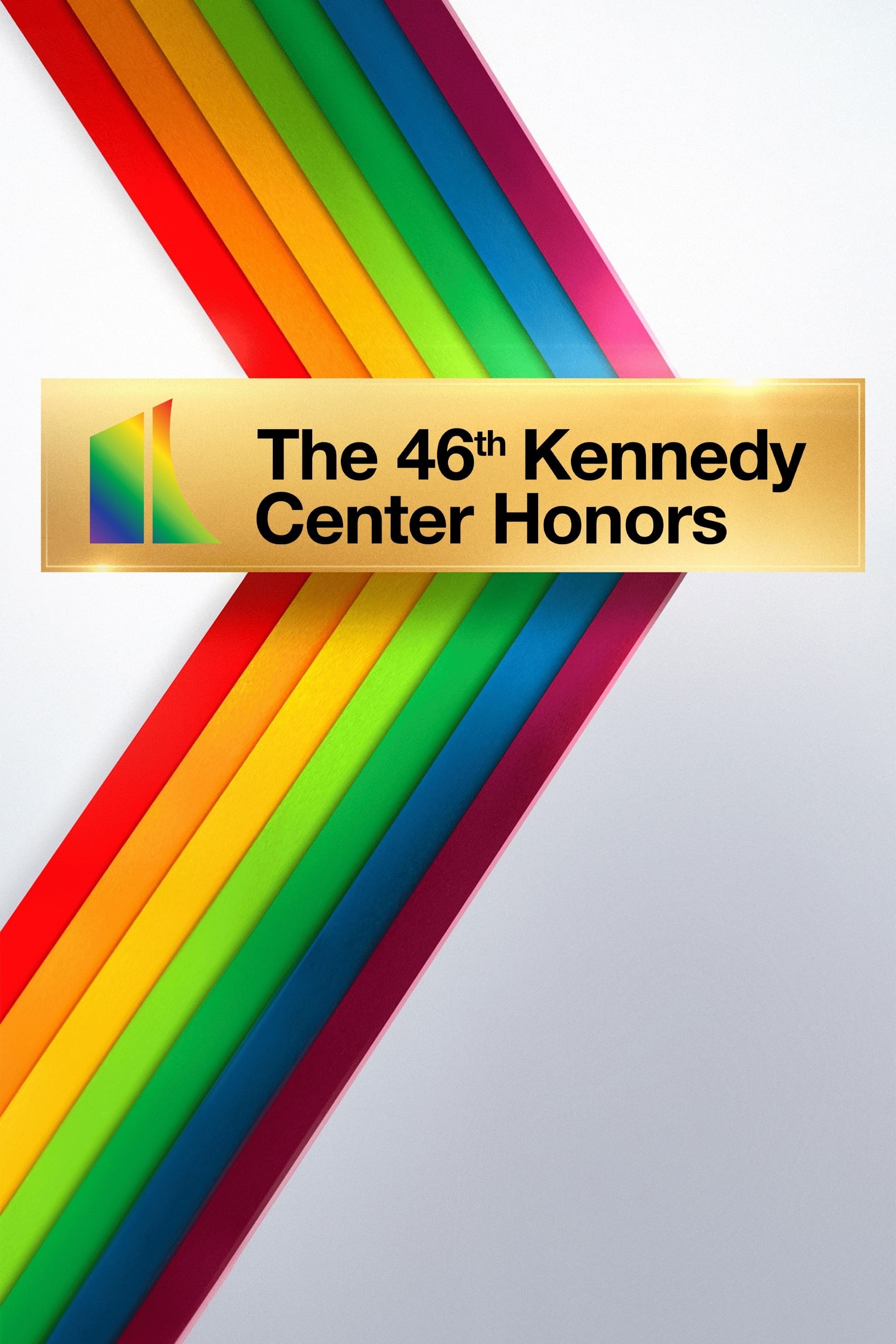
The Kennedy Center Honors
(Self)
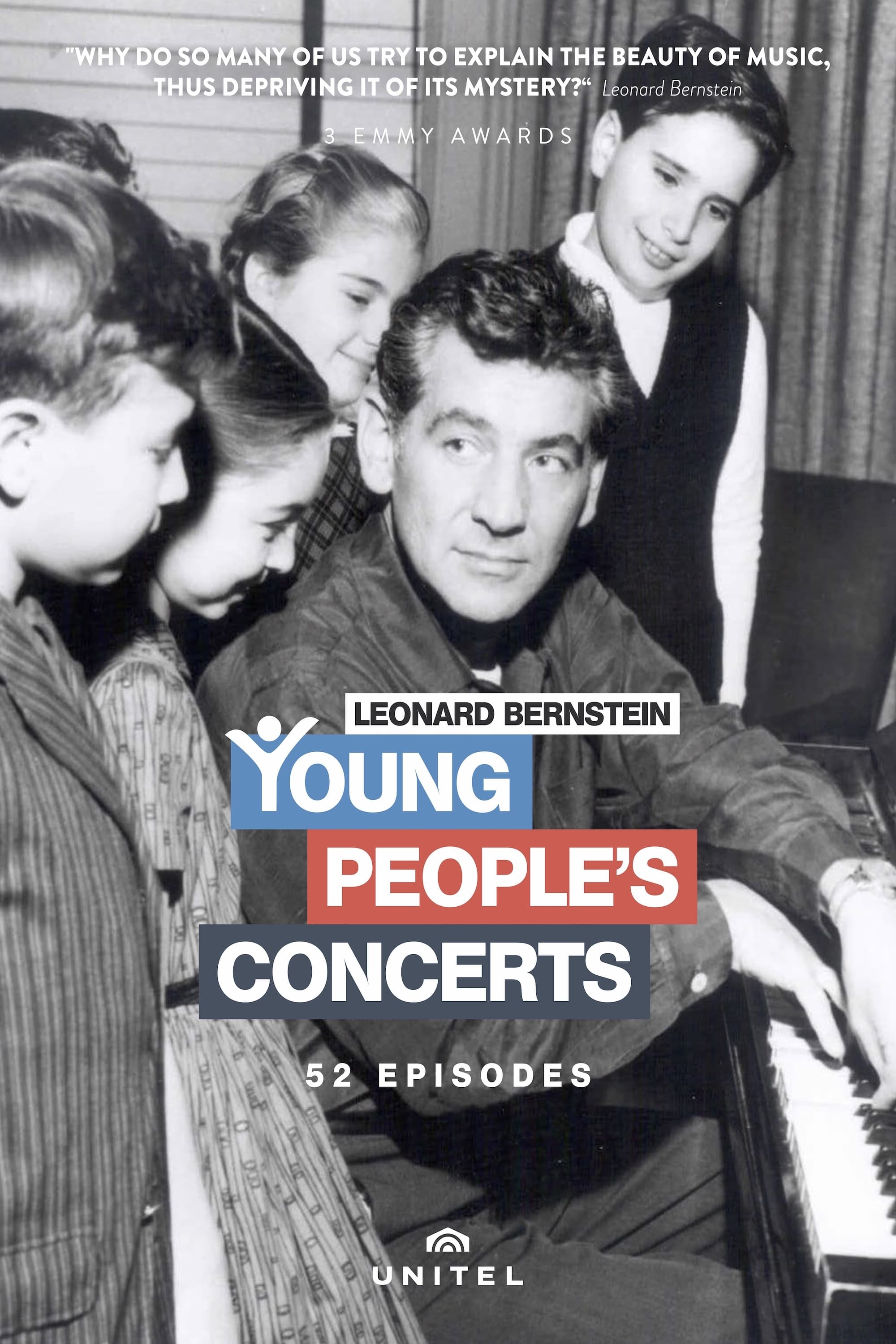
New York Philharmonic Young People's Concerts
(Self)

Something Wild
(Conductor)
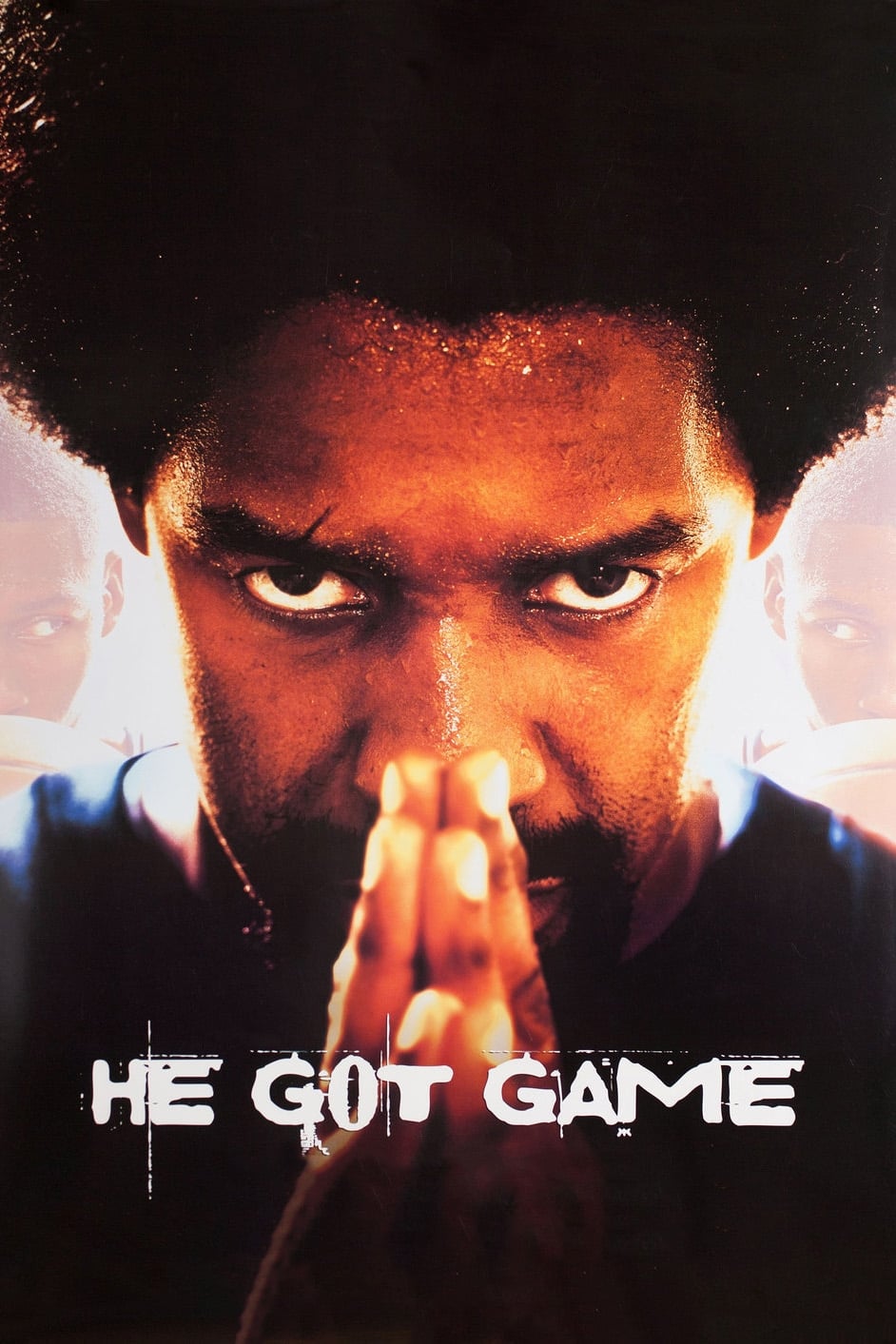
He Got Game
(Music)
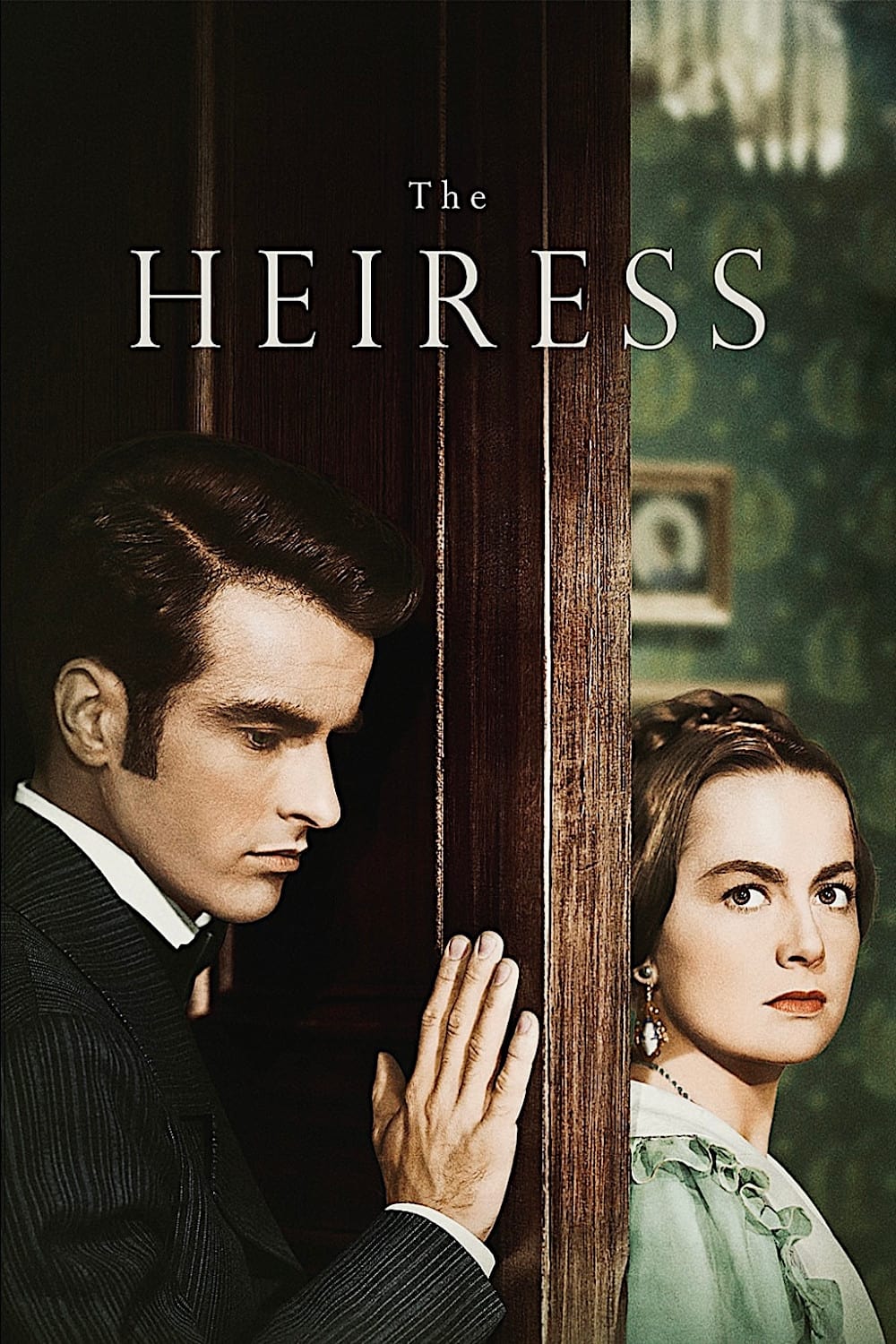
The Heiress
(Original Music Composer)
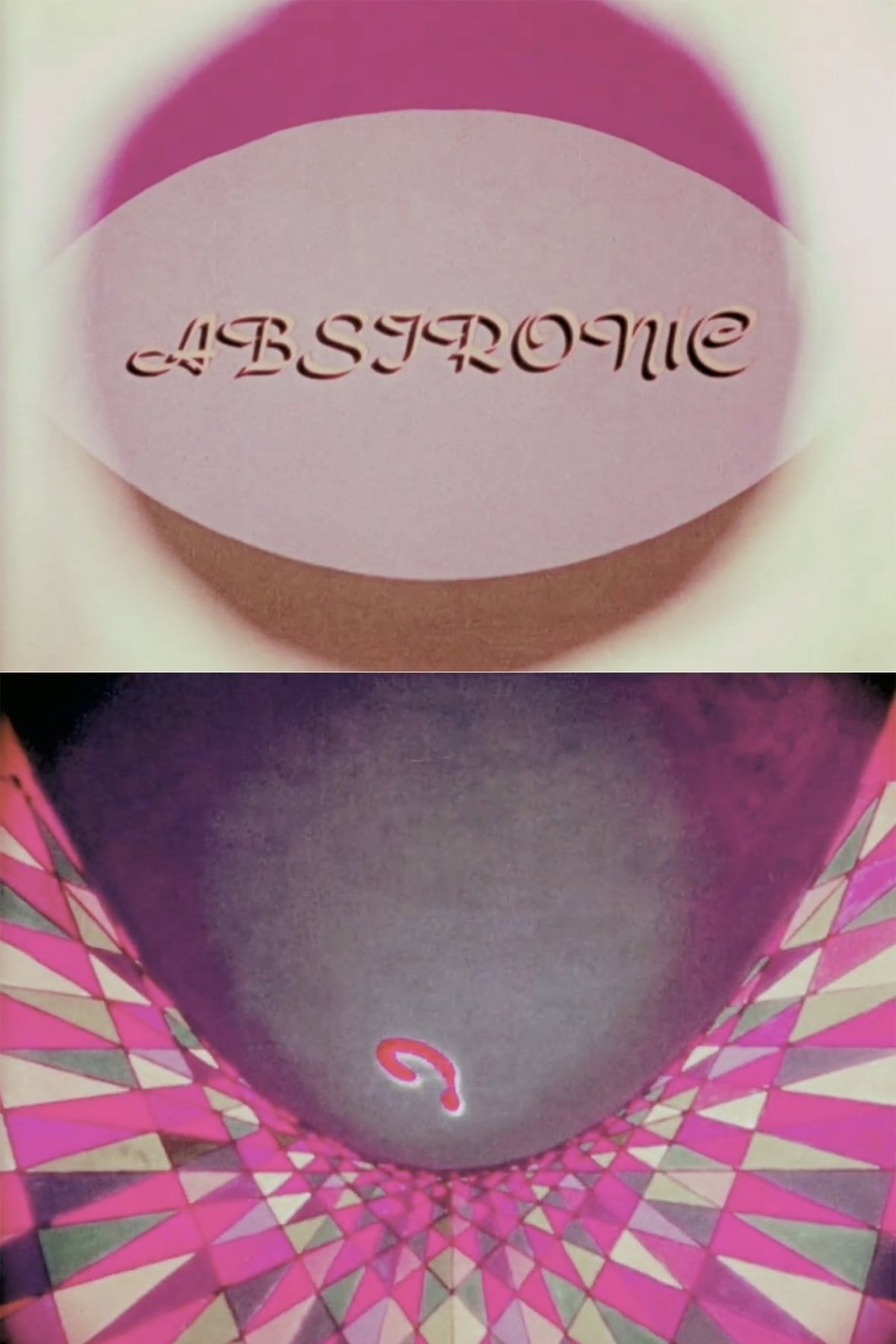
Abstronic
(Music)

The Red Pony
(Original Music Composer)
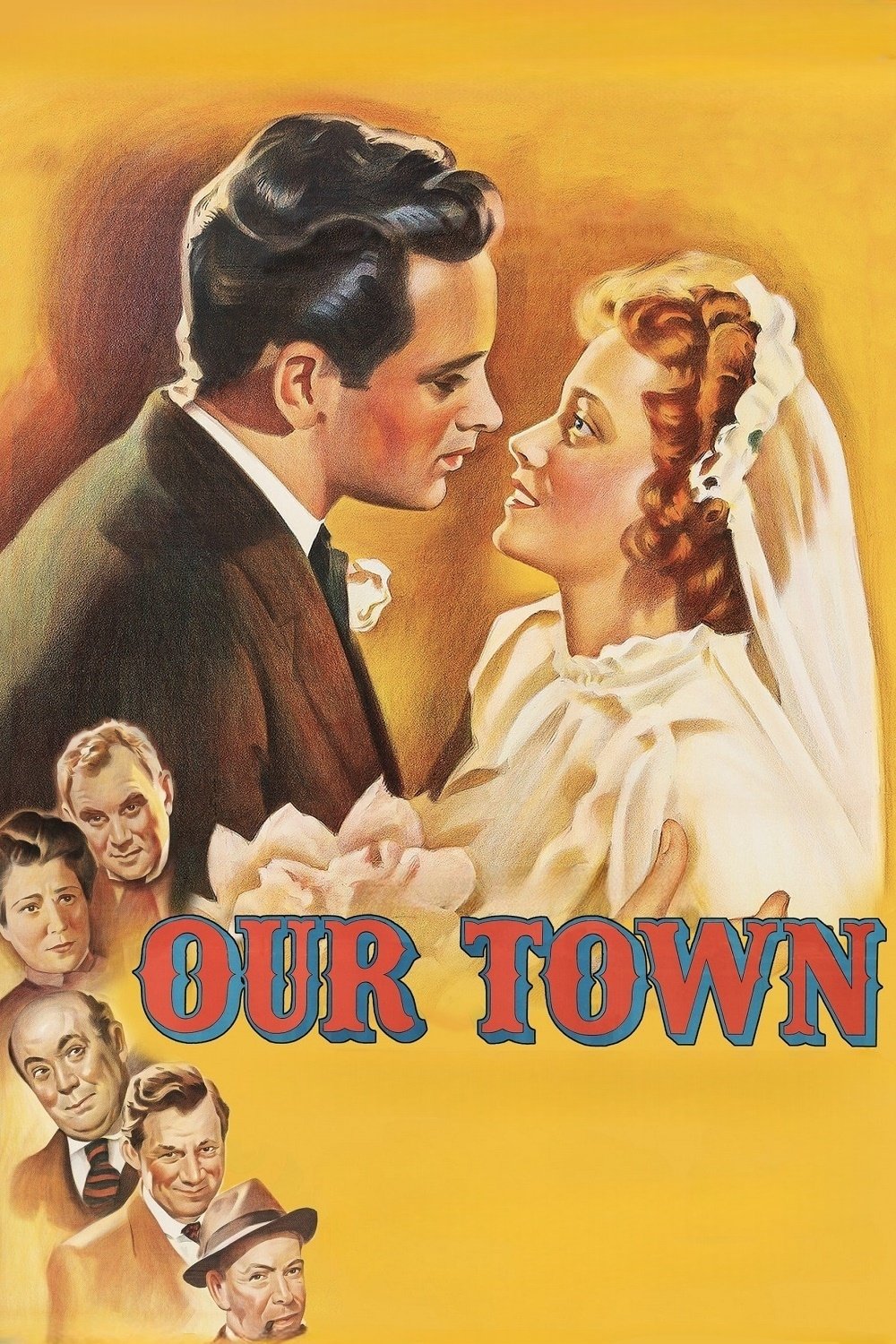
Our Town
(Original Music Composer)
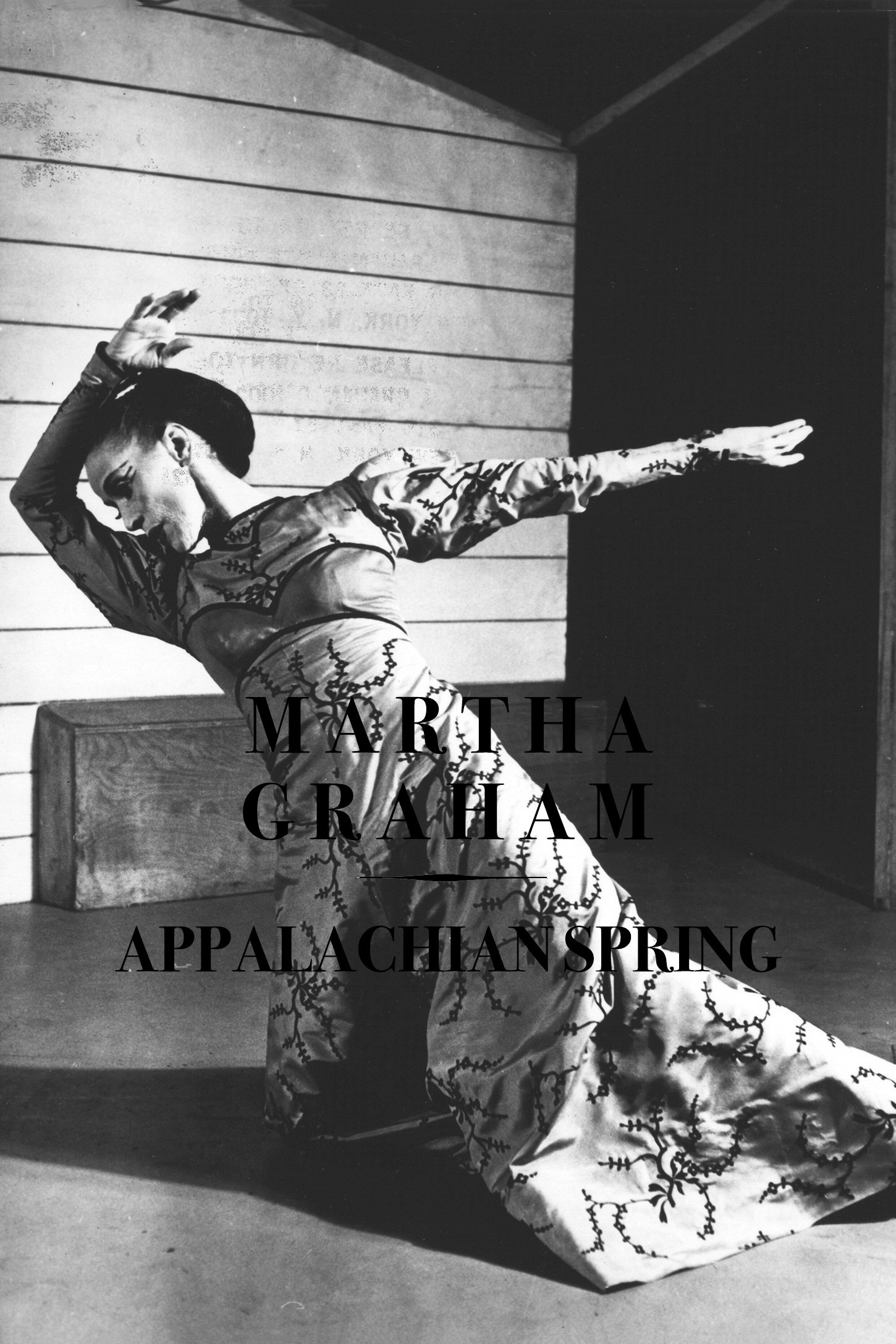
Appalachian Spring
(Music)
Three Installations
(Music)
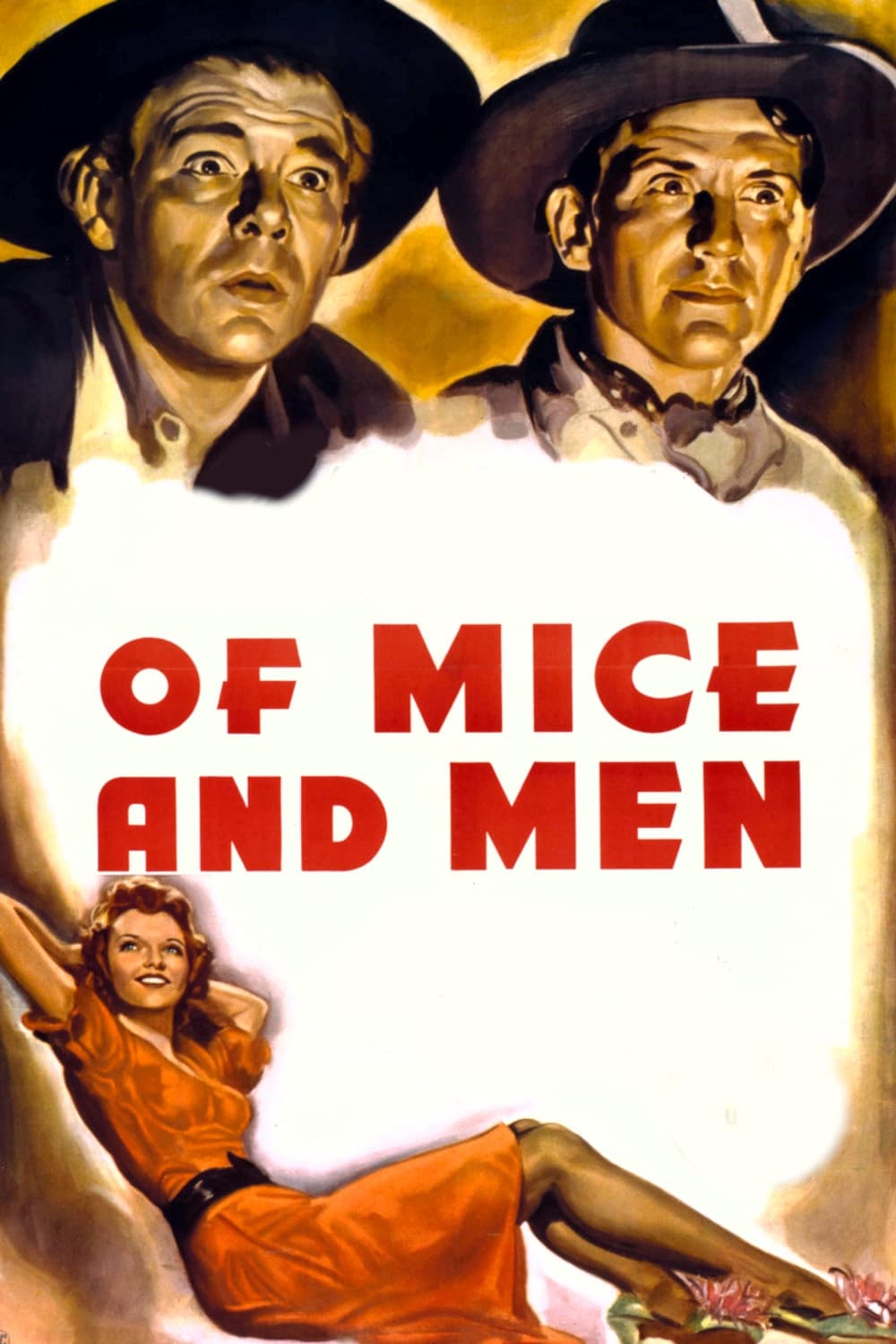
Of Mice and Men
(Original Music Composer)

The North Star
(Music)
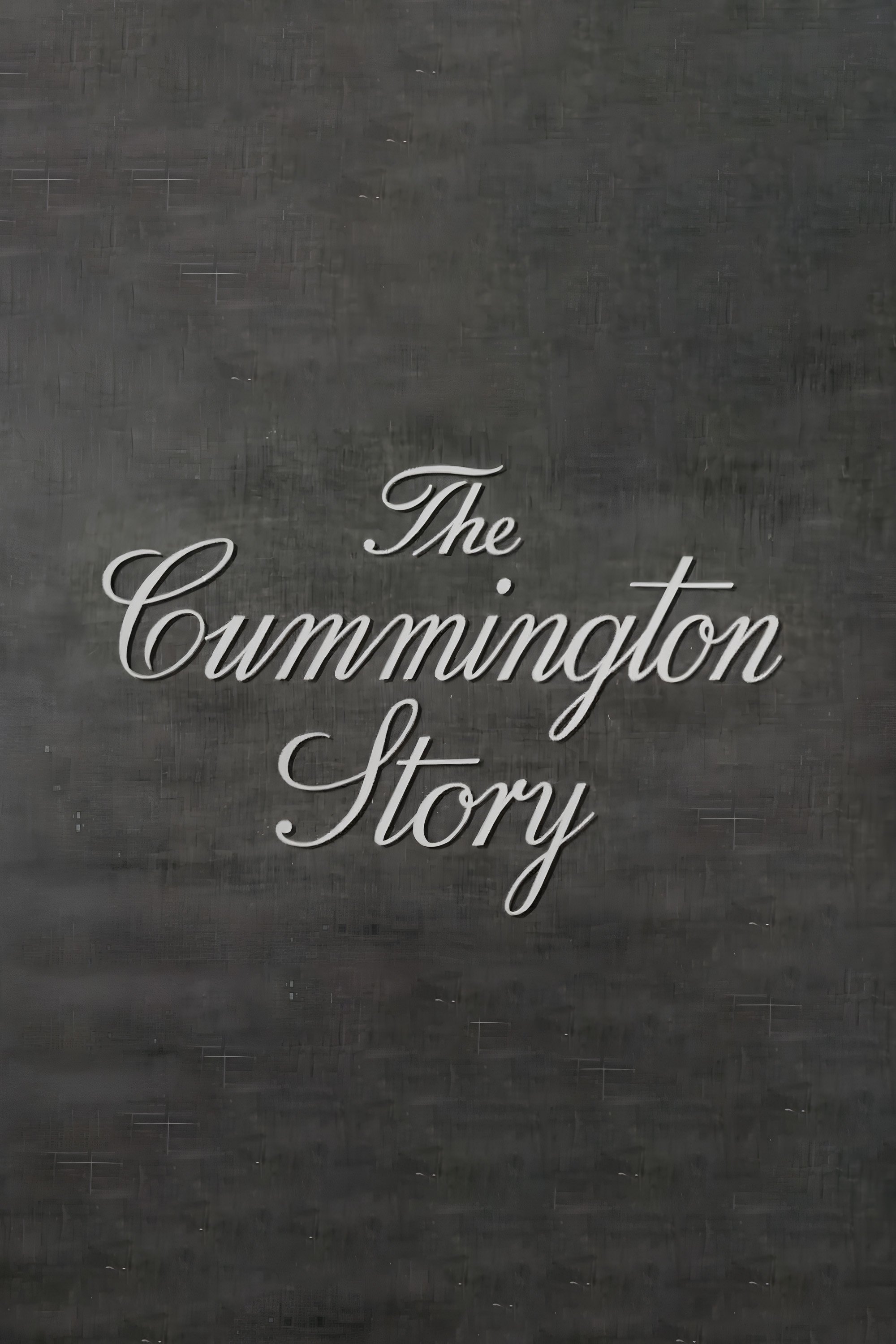
The Cummington Story
(Original Music Composer)
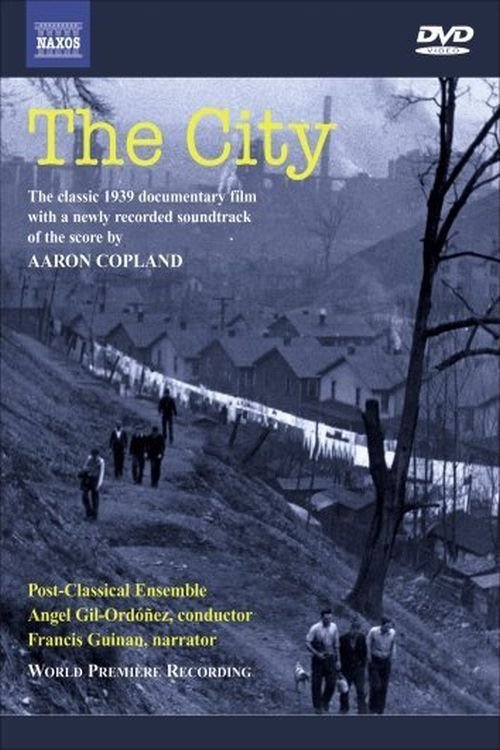
The City
(Original Music Composer)

Something Wild
(Original Music Composer)
Idlers That Work
(Music)
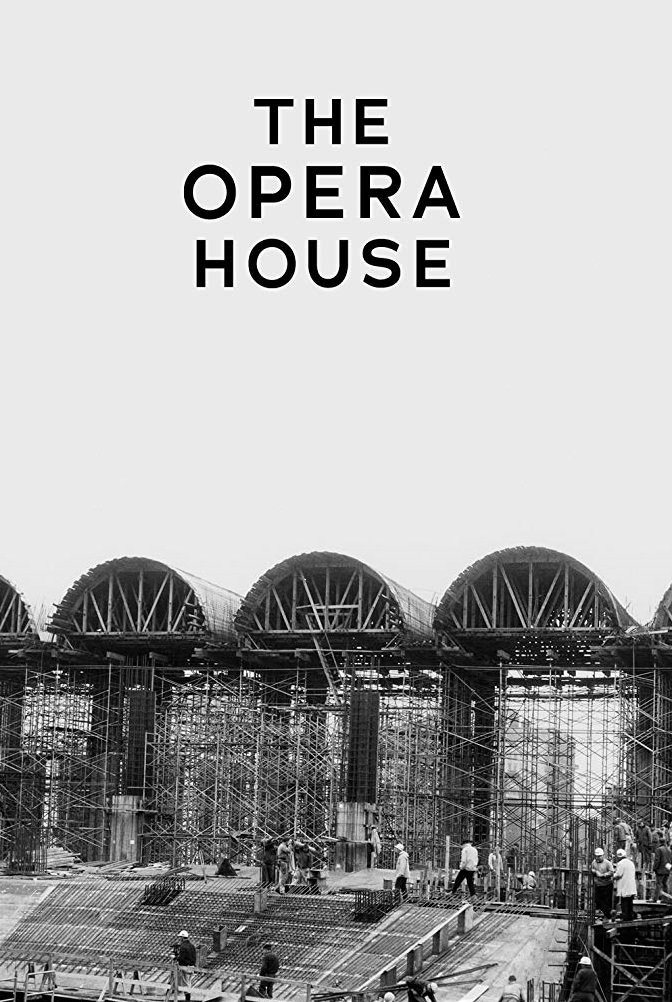
The Opera House
(Music)

The North Star
(Songs)
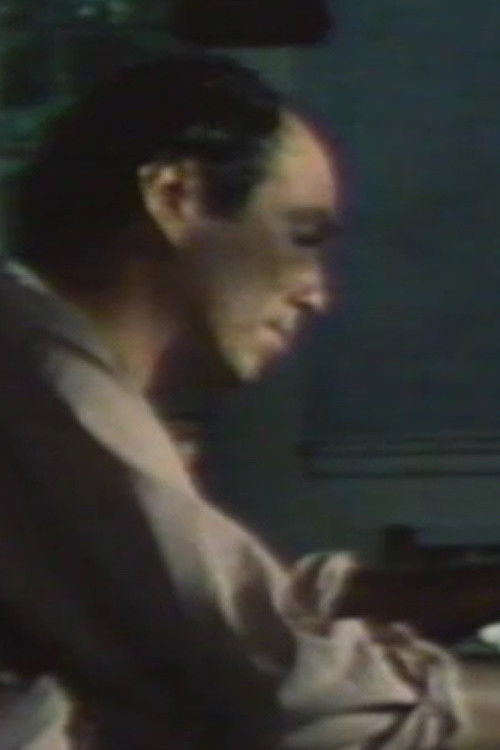
A Letter to Jonathan
(Music)
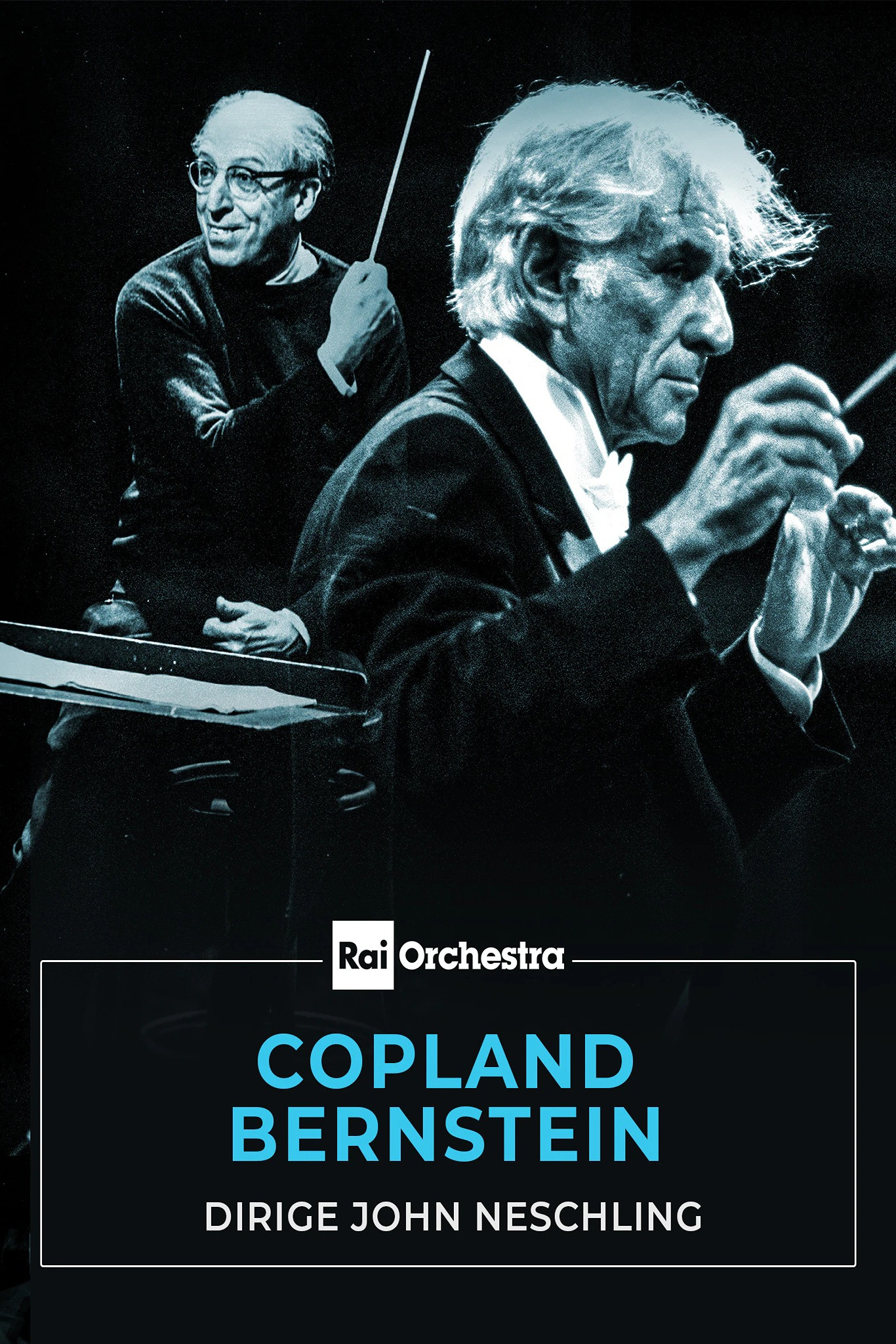
Copland, Bernstein
(Original Music Composer)
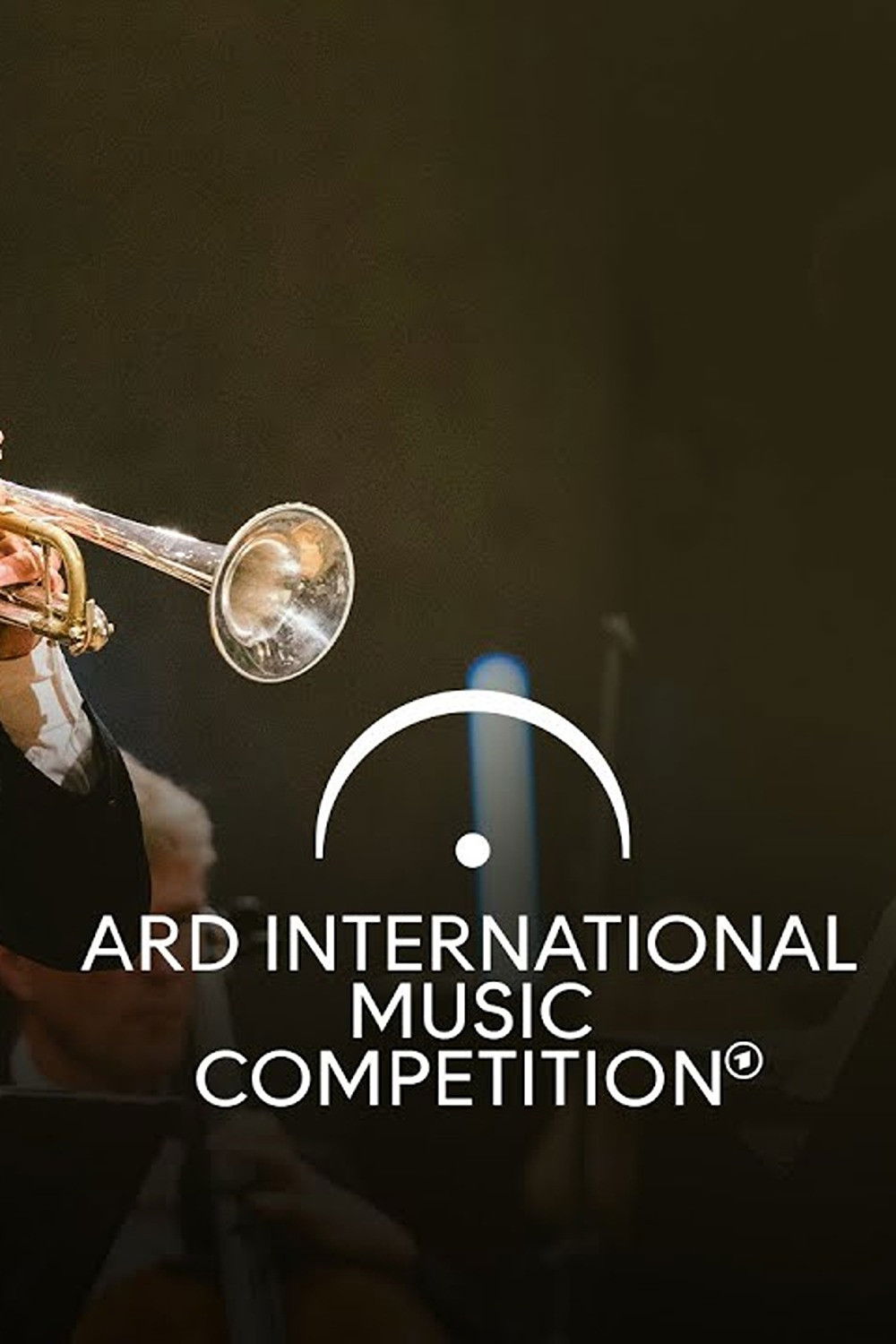
International ARD Music Competition 2025 Prize Winners' Concert
(Original Music Composer)
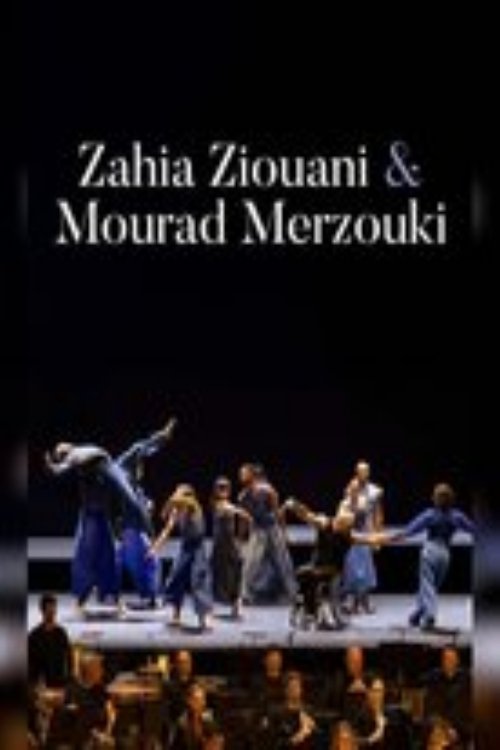
Zahia Ziouani & Mourad Merzouki : Les Nouveaux Mondes
(Original Music Composer)